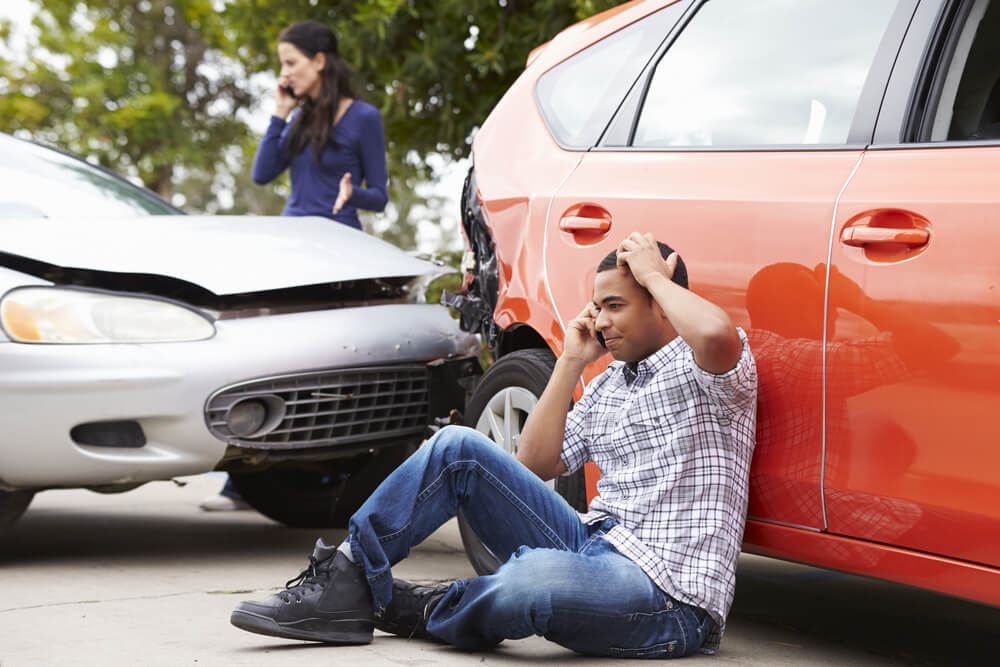



We do not usually ponder car accidents, but if they happen, the information below will guide you in filing for car accident claims and help you gather evidence for a possible personal injury. If you are not injured, it is important to gather evidence from your accident yourself. The speed with which your insurer will process your claim often depends on how much evidence you provide. It will benefit you to have concrete information and evidence in case of a personal injury or property damage claim by either party. Here is a guide to help in gathering evidence for personal injury and car accident claims.
During car accident litigation, a picture is really worth a thousand words. If you are not injured, take pictures immediately with a camera or phone. Make sure to capture the entire accident scene from different angles, including long shots and closeups with visible details such as skid marks, stop signs, yield signs, and traffic lights.
If possible, take pictures of all vehicles involved at the exact location of the accident. To show the extent of damage, take long shots and closeups. The photos can also provide evidence about how fast the cars were traveling, and which driver was at fault. Make sure you take clear pictures of the damage to all of the vehicles involved.
It is vitally important to get contact information for all drivers involved, as well as any witnesses. Do not let the other driver leave the scene of the accident without providing his name, phone number, and insurance information if possible. If the other driver claims not to have insurance, ensure they offer a document showing their name and address. If the driver leaves the scene of the accident, try to jot down their license plate number. Obtaining contact information from any eyewitnesses is important, since their account of the accident is often unbiased, making them useful assets in car accident claims.
For any type of car accident, you should obtain a copy of the police report for your records. Usually, an official police report will be prepared and made available for the public if the police are called to the accident scene. Insurers want to know the police report's conclusion about the accident. Also, you should obtain any police report that is filed by the other driver involved in the accident. Diligently gathering evidence is important when filing car accident claims, especially for personal injury cases. If you want to learn more about car insurance policies, contact the experts at Weeks & Associates Insurance Services in Thousand Oaks, California. We are ready to assist you with all your coverage needs today.